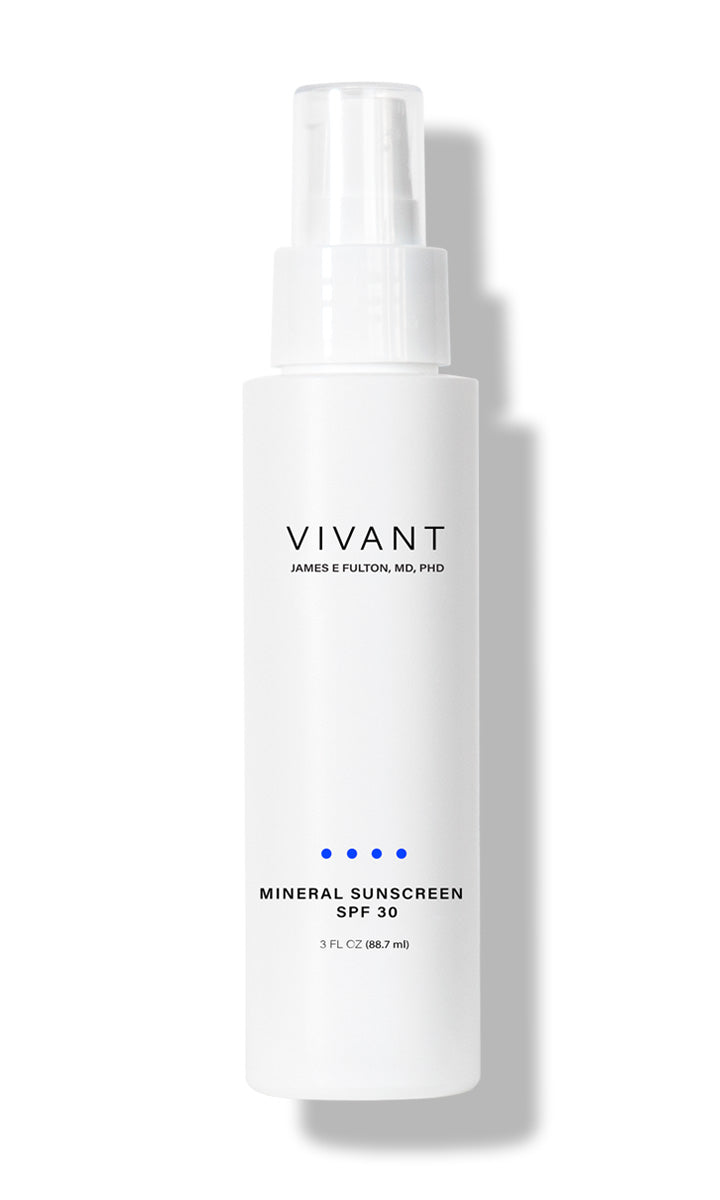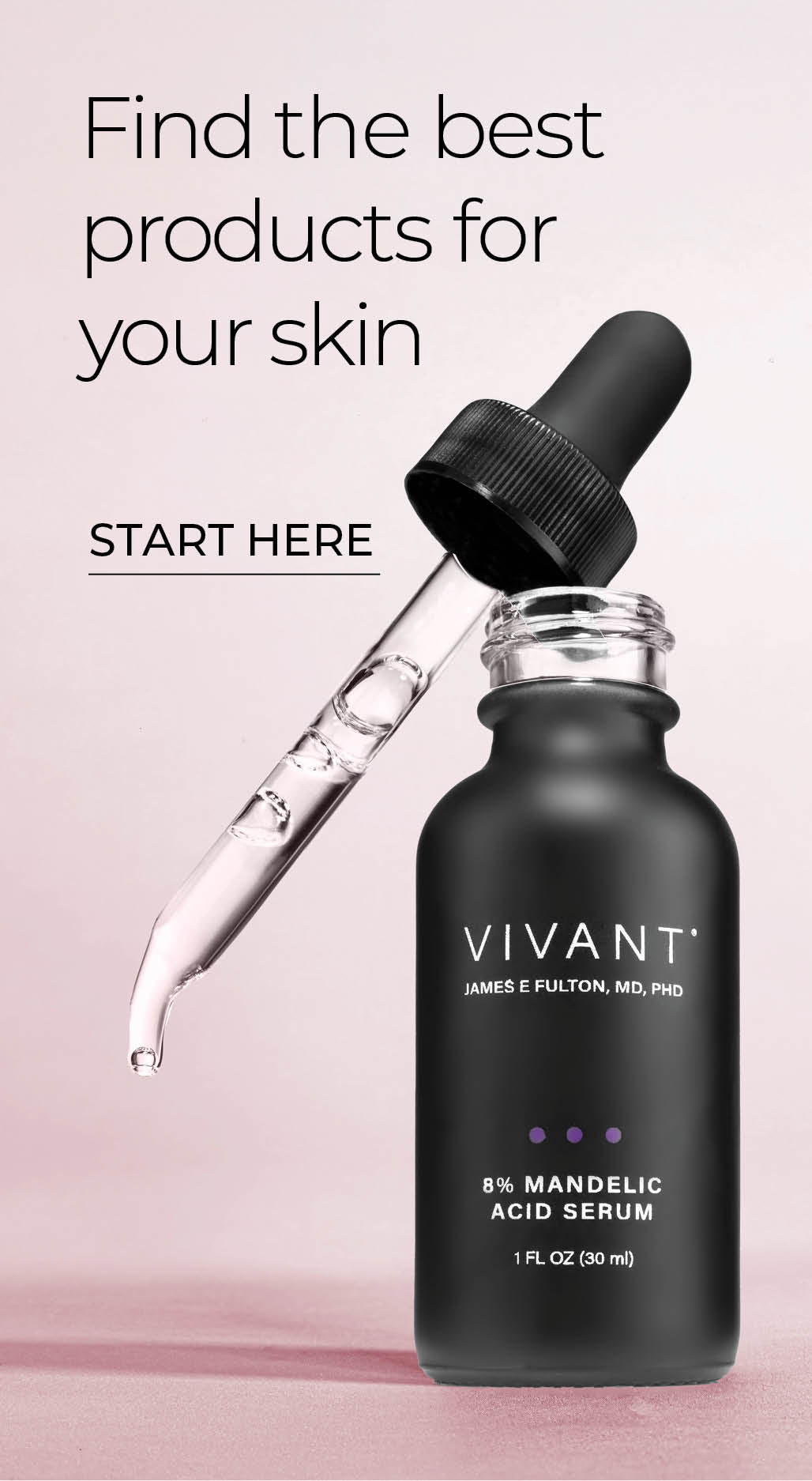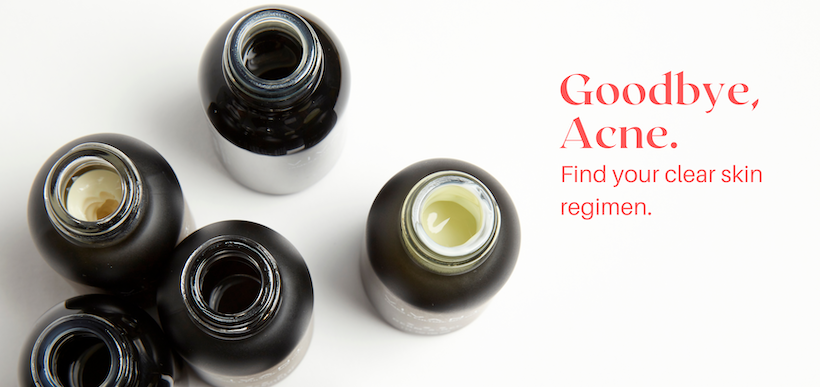How Does Sun Affect You Skin?

There was a time when we barely gave a thought to sunscreen. Instead, we slathered on coconut-scented oil designed to draw in every ounce of UV we could. Wrinkles and aging seemed an unrelated future event and, frankly, just really just too much of a bummer to even think about. The term “free radical” wasn’t even on the radar. Skin cancer? Only dermatologists were talking about it and few people were listening at that point.
Today, we know better. Baking in the sun may feel great, but it’s the most damaging thing you can do to your skin, bar none. From aging to skin cancer, the sun’s cheering warmth has a sinister side.
In this blog: |
 |
--
Understanding free radicals
It’s all about free radicals, the highly unstable electrons that get released in skin when exposed to UV radiation. Free radicals roam around dermal layers looking for healthy cells to bind with. The resulting attachment creates chemical reactions that damage skin internally and externally.
The effects are cumulative. Damage to DNA increases with more exposure, and over time, makes it more difficult for the skin to repair. Wrinkles, sagging, and age spots are only part of the result.
The cascade of free radical activity in the skin caused by UV radiation stimulates the body’s own protective agent, melanin. The electrons in melanin are fired up producing an excess of energy, which gets deposited into surrounding skin tissue. Things get dicey if a DNA strand is nearby. The extra energy can cause a mutation in the strand, the same type of mutation caused by UV-induced free radicals. Enough of these mutations can eventually become skin cancer.
What exactly is UV radiation?
Ultraviolet radiation is invisible electromagnetic light that reaches the earth from the sun. Its wavelengths, which are shorter than visible light, are classified as UVA, UVB, or UVC. UVC has the shortest wavelength and is mostly absorbed by the ozone layer, so it doesn’t come to the party. UVA and UVB both penetrate the atmosphere and are the ones that ruin the fun for everybody.
UVB rays
These can get past the epidermis into the dermis layer of skin where they can lead to changes in DNA that can result in wrinkles, loss of collagen and elastin, pigmentation issues and, potentially, skin cancer.
UVA Rays
The longest of the UV rays, these get all the way down to the hypodermis, the inner layers of the skin. These can spur cellular DNA damage, degradation of collagen and elastin, dilated blood vessels, redness, and skin cancer.
How can you protect your skin?
- Use a broad-spectrum sunscreen that protects against both UVA and UVB rays.
- Apply sunscreen 30 minutes before going outside. Reapply every two hours, or immediately after swimming or excessive sweating.
- Avoid exposure during the middle of the day (noon to three o’clock) when sun is at its strongest.
- Wear hats and protective clothing like swim shirts designed to block UV rays.
- Wear sunglasses to protect your eyes and the delicate skin surrounding them.
- Antioxidants! In your diet and in your skin care products. Vitamins C & E are at the top of the list.
- Take extra care to protect children. Sunburn during childhood is thought to increase the risk of developing skin cancer later in life.
- Stay away from tanning beds.
- Examine your skin head-to-toe every month.
- See your physician every year for a professional skin exam.


Comments